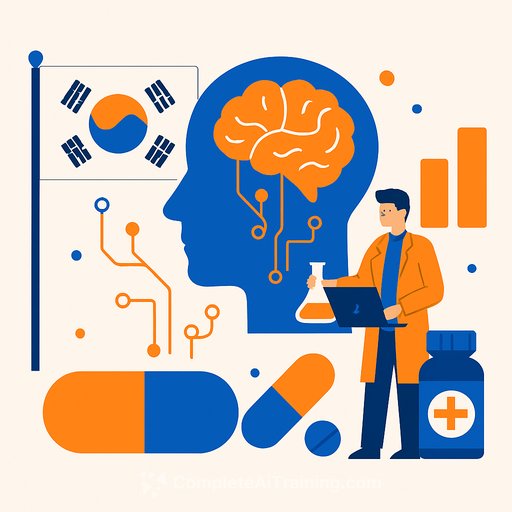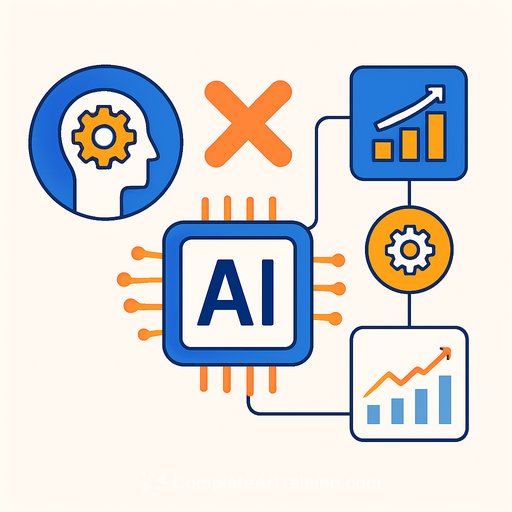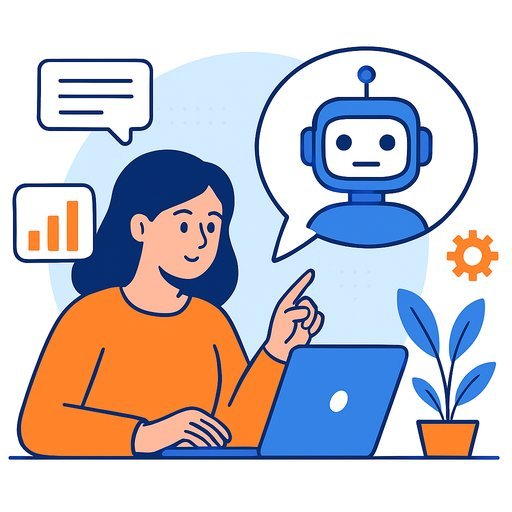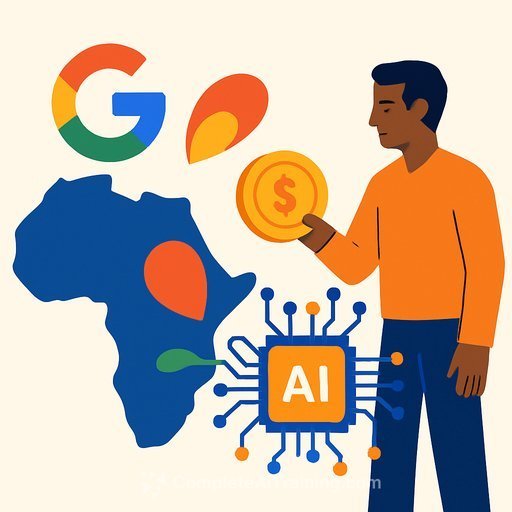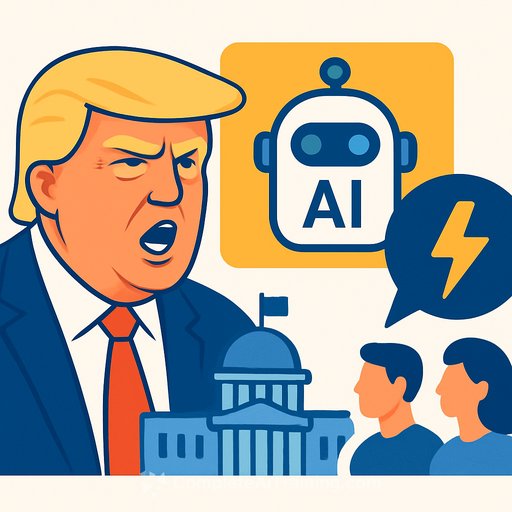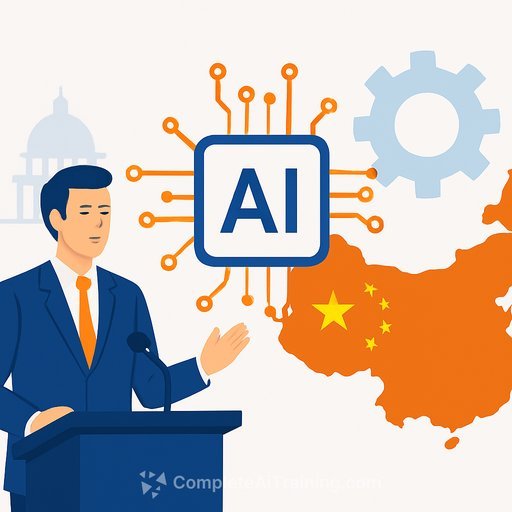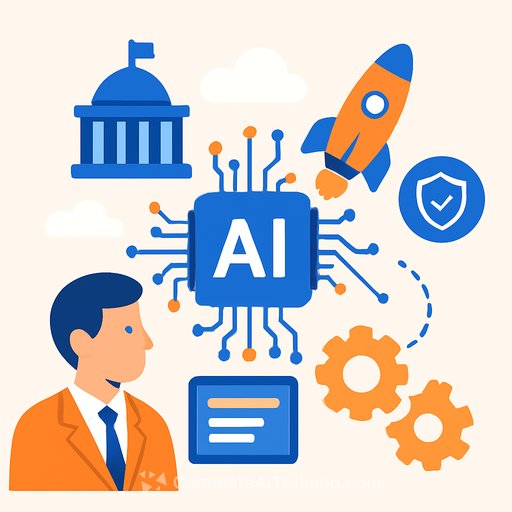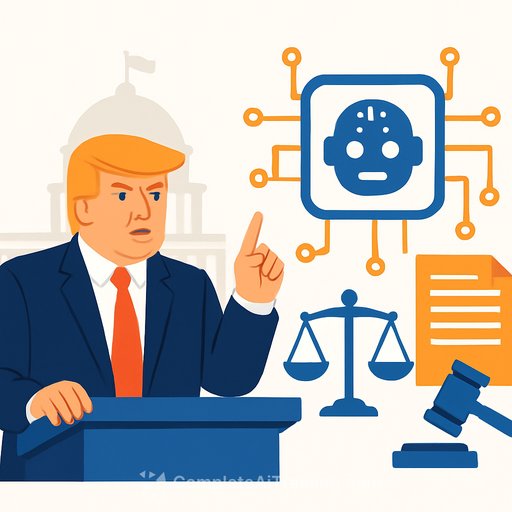South Korea Boosts AI-Driven Drug Development with Major Government Funding
The administration of Lee Jae-myung is making strong moves to support AI-based drug development, aligning with its commitment to becoming an 'Artificial Intelligence government.' This sector, already attracting significant global investment, leverages AI to streamline everything from therapeutic candidate discovery to clinical trials and personalized medicine.
The government's goal is clear: cut the typical drug development cycle—often exceeding 10 years and costing around 2 trillion won—by more than half. AI's ability to analyze vast datasets, including chemical compounds and protein structures related to diseases, allows faster and more precise identification of drug candidates than traditional methods.
According to the Korea Health Industry Development Institute (KHIDI), the global market for AI drug development is projected to grow from $927 million (1.27 trillion won) in 2023 to nearly $2.9 billion (4.55 trillion won) by 2028.
Google, NVIDIA, and Other Tech Giants Enter the AI Drug Space
On July 4th, the National Assembly's Health and Welfare Committee approved supplementary funding for AI drug development projects proposed by the Ministry of Health and Welfare and the Ministry of Science and ICT. Key projects include:
- K-AI preclinical model development: With an initial allocation of 2.184 billion won, this project aims to build AI platforms supporting candidate discovery through clinical trials. The government plans to invest a total of 49.5 billion won through 2029.
- Antibody biobetter development and verification: Allocated 3.3 billion won, this initiative focuses on improving existing biologics with bispecific antibody technology. Funding will reach 40.4 billion won by 2027.
The surge in global AI drug development investments—reaching trillion-won scales—has prompted government backing. Major IT players like Google, Amazon, and NVIDIA are heavily investing in this area. Google's parent company Alphabet, through Isomorphic Labs, signed joint development agreements worth 2.4 trillion won with Eli Lilly and 1.7 trillion won with Novartis last year. Meanwhile, Recursion Pharmaceuticals acquired UK-based Exscientia for about 1 trillion won.
Domestic AI Drug Development Faces Challenges
Despite these global moves, South Korea's AI drug development industry remains nascent. Only about 10 drug candidates have advanced to clinical trials via AI platforms, most in phase 1. Innovo Therapeutics is the only company to have completed phase 2 with its topical scar treatment, INV-001.
Financially, many domestic firms are operating at a loss. Innovo Therapeutics recorded a deficit of approximately 13 billion won last year, while Pharos iBio reported losses near 12.6 billion won. Standigm, once a promising startup with overseas investment, recently downsized its workforce from 80 to 27 employees.
No AI-identified drug candidates have yet been commercialized in Korea. This is partly because AI applications are mostly limited to the preclinical phase. Drug approval requires extensive clinical trials following candidate discovery and safety verification—a process lasting 10 to 15 years.
An industry expert noted that while AI accelerates candidate identification, clinical trials and regulatory approval remain significant bottlenecks. Advancing AI capabilities to support these later stages is critical for shortening development timelines further.
Data Access Remains a Barrier
Effective AI drug development depends heavily on data availability. However, access to clinical trial and patient data from Korean hospitals is limited. Protecting sensitive personal information restricts widespread data use, especially after phase 2 clinical trials when patient data becomes essential.
Kim Yong-woo, head of KHIDI, emphasized the need to create an environment that allows corporations greater access to hospital data. This would enable them to showcase their technological capabilities more fully. He expressed hope that government funding will expand beyond early-stage candidate discovery to support full clinical trials and commercialization, improving data accessibility and research capacity.
For professionals interested in AI applications and development strategies, staying informed about these industry shifts is vital. South Korea's growing investment signals increased opportunities in AI drug development, but challenges around clinical validation and data access must be addressed to realize its full potential.
Learn more about AI development and training opportunities at Complete AI Training.
Your membership also unlocks:

